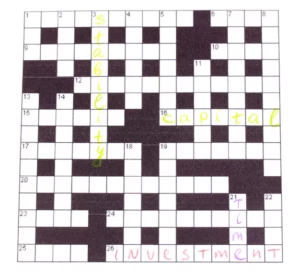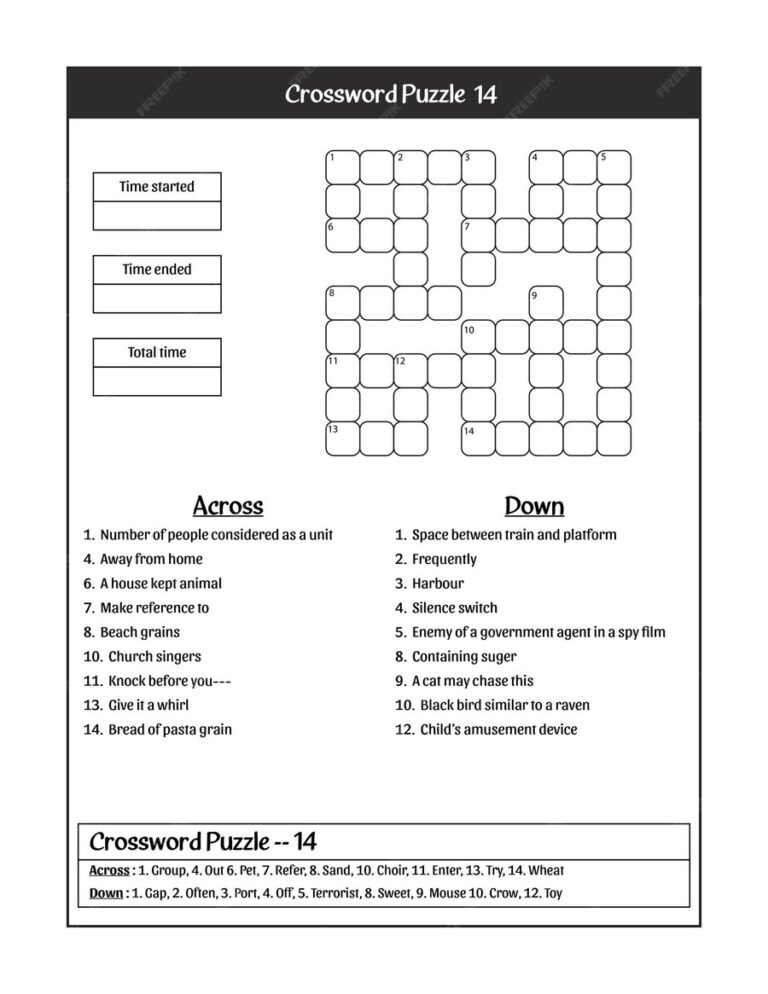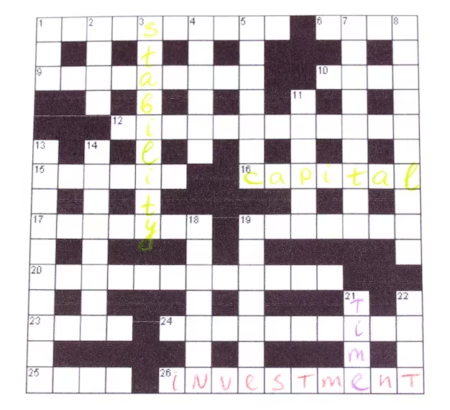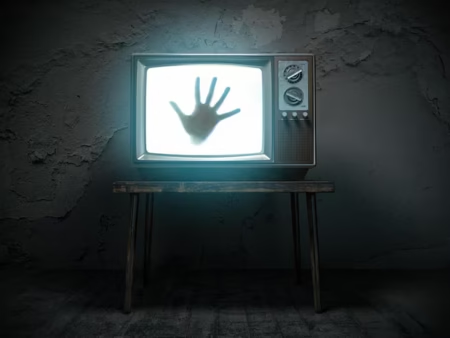Some clues in the NYT Mini Crossword make you pause.
Your eyes scan the grid,
your fingers hover above the keyboard,
and you smile—
because you’ve just stumbled on a word that feels like a splash of cold water to the face.
Gobsmacks is one of those words.
It’s not just a clue;
it’s a mood,
a little jolt of linguistic electricity
that lights up your puzzle-solving brain.
What Does “Gobsmacks” Mean?
At its core, to gobsmack someone is to leave them utterly astonished.
The word is born of British slang:
- Gob = mouth
- Smack = hit
The image is vivid—being so shocked it’s as if something hit you right in the mouth.
No harm, just pure, jaw-dropping surprise.
Gobsmacks in Everyday English
Think of moments that truly gobsmack you:
- A marriage proposal you didn’t see coming.
- The aurora borealis swirling unexpectedly overhead.
- Your shy coworker suddenly winning a dance competition.
Compared to “surprise,”
gobsmacks is more visceral,
more cinematic.
The NYT Mini Crossword & Its Quirky Vocabulary
The NYT Mini Crossword is a compact, daily burst of wordplay.
Unlike the full-size crossword, the Mini has less space,
so every clue needs to be punchy.
That’s why words like gobsmacks thrive—
they pack vivid meaning into a small number of letters.
When “Gobsmacks” Appears as a Clue
If “Gobsmacks” is in your clue list,
expect something in the realm of:
- “Amazes”
- “Stuns”
- “Floors”
- “Awe-inspires”
Answer Reveal – The Likely Solution
In crossword terms, the most common and efficient answer for Gobsmacks—especially in the Mini—
is often STUNS.
It’s short, clear, and fits the tone perfectly.
Occasionally, AWES or FLOORS might appear depending on the grid.

The Art of Giving Hints Without Spoiling
Crossword constructors are like magicians—
they want to lead you to the answer without yanking the curtain away too soon.
“Gobsmacks” as a clue is perfect:
it’s playful, emotional, and invites the solver to think about feelings rather than objects.
Building Context in the Grid
When stuck, look at intersecting answers.
In the Mini, short crosswords like ERA, ACE, or SPA can unlock the whole clue.
The magic lies in watching a blank space bloom into meaning.
Why Solvers Love Words Like “Gobsmacks”
There’s a deep satisfaction in learning a word mid-puzzle.
Not only do you solve the clue,
but you leave with a new addition to your vocabulary arsenal.
The Emotional Payoff
That rush of aha!
It’s tiny but potent—
a spark that might make your coffee taste better and your morning brighter.
The Science of Surprise
Psychologists say surprise is one of the fastest ways to forge memory.
That’s why puzzle clues like gobsmacks linger long after the grid is complete.
The Cultural Journey of “Gobsmacks”
From the cobblestone streets of Britain,
the word sailed across the Atlantic
and found itself nestled in American crosswords and TV shows.
It’s proof that language is a traveler,
carrying charm from one shore to another.
Crossword Puzzles as Language Keepers
Every time “gobsmacks” appears in the NYT Mini,
it’s another nudge to keep the word alive.
The crossword grid is a time capsule for slang and rare gems.
Tips for Solving Clues Like “Gobsmacks” in the Mini
- Look for dramatic, emotion-packed verbs.
- Think short synonyms that fit small grids.
- Use crossing letters to test possibilities.
Practice with Similar Words
If you master “gobsmacks,”
you’ll breeze through clues for:
- FLOORS
- STUNS
- AMAZES
- WOWS
Conclusion – Why This Word Is a Crossword Gem
“Gobsmacks” isn’t just a clue—
It hits with surprise,
leaves a little smile behind,
and reminds you that puzzles are as much about feeling as they are about thinking.
So next time it pops up in your NYT Mini Crossword,
let it gobsmack you.
Enjoy that small, brilliant shock.
FAQs
1. What’s the most common answer for “Gobsmacks” in the NYT Mini Crossword?
Usually STUNS, but AWES and FLOORS are possible.
2. Where does the word “gobsmacks” come from?
It’s British slang—“gob” for mouth, “smack” for hit.
3. Is it a common crossword word?
It appears occasionally, often in playful or emotional grids.
4. Can it be used in formal writing?
It’s more suited to informal or creative contexts.
5. Why do crossword makers use unusual words?
To keep puzzles fresh, fun, and educational.








